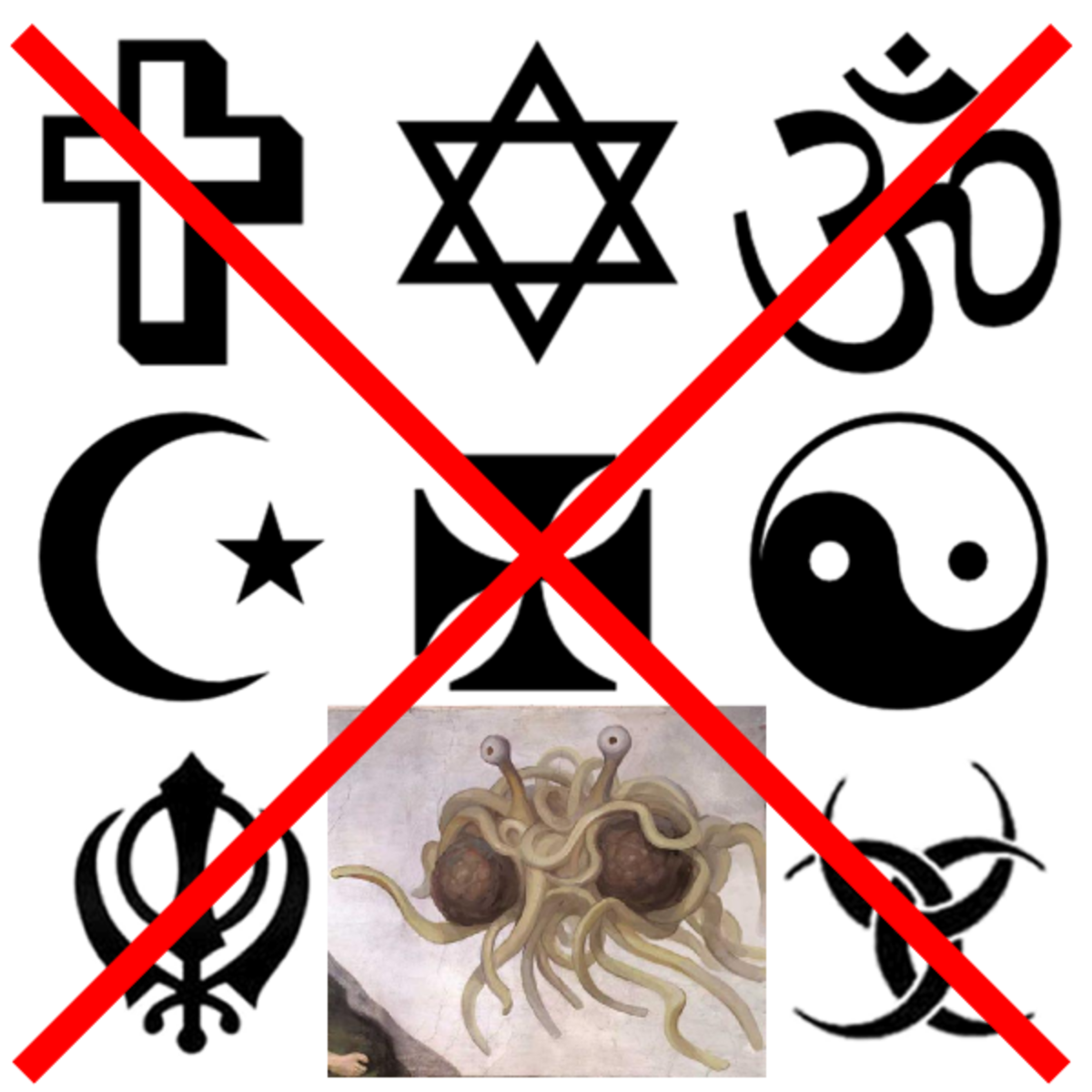Are Young People Leaving Religion?

Article
Religion, in many ways, has become a dirty word, especially with young people (ages 18 to 35). Why? For the most part, religious people are often perceived as preachy, "...hypocritical, judgemental or insincere" (Pew Formum On Religion & Public Life: Faith In Flux, 2009, http://pewforum.org/docs/?DocID=409).
In my Hub Pages article, Spirituality vs. Religion, I reflected on how religion seems to have become a dirty word amongst college aged people particularly, and how they perceive themselves as being more spiritual, and not religious. The Pew Forum study seems to reflect people's attitudes towards religion, and their not identifying with any one particular religion.
While at Springfield College, in the United Campus Ministry & Spiritual Life Center, I've often heard college students talk of their frustrations with religion. Many had stopped going to church because they no longer were forced to, as they were when living at home. Many also seemed to be turned off by the focus on religious rules and doctrine, and not spirituality. Still, others felt that they were often 'talked at or talked to', and did not seem to have a personal connection with the messages being presented, and people within the congregation. And with issues such as gay marriage, homosexuality, politics, and global concerns, there definitely seems to be a generational divide with opinions, as well as process and style of 'spreading the message.'
The Baby Boom generation is filled with religious leaders, on the Left and Right, openly and actively involving themselves in politics, and political issues, and even endorsing candidates. But younger generations seem turned off by that. While they may resepct the Jessie Jacksons and Pat Robersons, they seem to prefer a different approach: thinking about the issues themselves, without active interference from religious leaders, and coming to their own conclusions. Some Christians for example, don't want politics brought up in church at all, but instead prefer to be encouraged to consider issues, from a Biblical and/or personal perspective. To these college students, religious leaders becoming actively involved in politics, and pushing a particular candidate for example, often lead to alienation.
The news is filled with religion and religious groups opposing issues such as gay marriage and homosexuality. While not all Christian denominations for example, are opposed to such issues, it is often presented that way in the media. And that oppositional image can definitely be a turn off, especially to those who are not heterosexual, and/or who are supportive of civil equality.
Wars in the name of God and religion is also a major negative. History is filled with wars fought in the name of religion, especially since the September 11, 2001 attacks, and the so-called "War on Terror." So, is such ideology, to kill innocents, in the name of God and religion, a true representation of the faith? Of course not. But still, the damage has been, and is being done. War is yet another example, of how religion continues to be used as a tool to control, and gain power.
Religion was not created by God, but by humans. And ever since the creation of religion, history is filled with those trying to convert, or force those who don't believe as they do, through some type of coercion. And this seems to be one of the greatest hypocracies. Why should it matter if someone believes differently than someone else? Does God really care if someone chooses one religion over another, or any religion, as long as they believe in God? And even if God does care, isn't that up to God, and not for humans to judge? Don't the three major religions teach and believe in 'free will, even if someone chooses not to believe in God?
And just because someone may memorize every prayer and ritual, and read and quote their Scriptures fervently, attend worship services regularly, and live the 'letter of the Law' seemingly without fault or question, does that make them better, or a better religious believer than anyone else? What right do such people have in judging others, if such actions do not extend beyond intellectual guidelines, and helping, serving, and treating others? It is such that seems to turn people away from religion, especially young people.
Religion often times can seem adversarial. But one question that I often asked the college students, is what is more important, believing in a religion, or believing in God? And if someone believes, or follows a particular religion, why? How does, and can religion help enhance your life? What does the faith mean to you? And can religion be practiced without infringing upon the rights and beliefs of others? Absolutely.
Shabazz Wilson
Reference
The Pew Forum On Religion & Public Life: Faith In Flux http://pewforum.org/docs/?DocID=409








